Project Objective:
The primary goal of this project was to analyze and compare contractor-provided supplies to aid the Street Maintenance division of the Public Works department. A secondary objective was to evaluate the feasibility of completing maintenance plans using traditional supplies versus a new contractor-provided material.
The primary goal of this project was to analyze and compare contractor-provided supplies to aid the Street Maintenance division of the Public Works department. A secondary objective was to evaluate the feasibility of completing maintenance plans using traditional supplies versus a new contractor-provided material.
Project Overview:
The initiative involved one project sponsor and four project managers, each responsible for testing in a designated quadrant of the city of Dallas. Dominic served as one of these project managers, overseeing evaluations within his assigned quadrant. Each manager tested the new supply across varying conditions, including potholes, level-ups, low-traffic areas, high-traffic areas, and with both hot mix and cold mix materials.
The initiative involved one project sponsor and four project managers, each responsible for testing in a designated quadrant of the city of Dallas. Dominic served as one of these project managers, overseeing evaluations within his assigned quadrant. Each manager tested the new supply across varying conditions, including potholes, level-ups, low-traffic areas, high-traffic areas, and with both hot mix and cold mix materials.
Dominic's specific responsibilities included testing the new supply across diverse road, street, and alley structures unique to his quadrant.
Deliverables:
The project deliverables included:
The project deliverables included:
Comprehensive assessment of the new material's reliability and performance.
Evaluation of supplier-provided machinery reliability.
Comparative analysis of traditional versus new materials and equipment.
Challenges and Findings:
A $100,000 trial budget was expended due to the volume of scheduled repairs and the high cost of the new material. Key findings were as follows:
A $100,000 trial budget was expended due to the volume of scheduled repairs and the high cost of the new material. Key findings were as follows:
The new material failed to hold in high-traffic areas and under rainy conditions.
The cost-to-benefit ratio of the material was too high.
Supplier-provided equipment experienced frequent operational failures across all districts.
Outcome:
The evaluation concluded that the new supply did not meet the department's standards or the city's requirements for street maintenance. Traditional materials and methods remained the preferred choice due to their reliability, cost-effectiveness, and consistent performance.
The evaluation concluded that the new supply did not meet the department's standards or the city's requirements for street maintenance. Traditional materials and methods remained the preferred choice due to their reliability, cost-effectiveness, and consistent performance.
